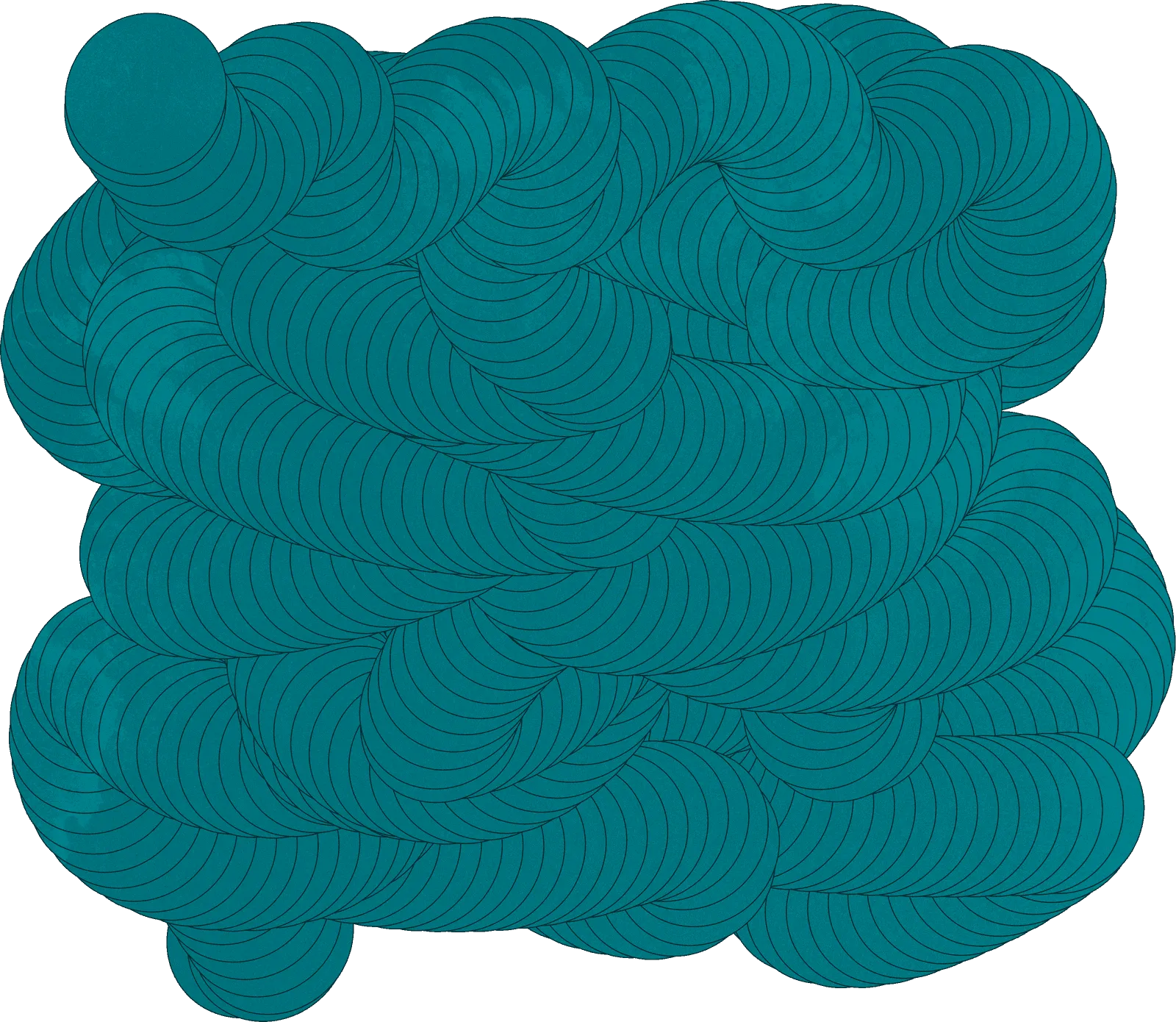Treating ulcerative colitis
While there’s no cure for ulcerative colitis (UC), treatment may help reduce and relieve symptoms. Long-term remission may also be possible with appropriate treatment.

Your voice matters
You and your care team can work together to make treatment decisions that are right for you. That means you should always feel free to discuss your condition and any symptoms that are bothering you, ask questions, share your values and opinions, and weigh your options for the best path forward.
Treatments
Below are some available prescription treatment options for UC. Be sure to talk with your healthcare provider about your condition and symptoms that are bothering you. This could help when considering a management plan that’s right for you.
5-aminosalicylic acids (5-ASAs)
A type of drug that reduces inflammation in the lining of the gut.
Corticosteroids (steroids)
A type of drug that works quickly to lower the activity of the immune system and decrease inflammation. They are usually only used for a short time because of their side effects.
They’re often used as a “bridge” until maintenance treatments can reach full effect.
Immunomodulators
A type of drug that suppresses the immune system’s ability to cause ongoing inflammation. They can take several months to improve symptoms.
Anti-integrins
Anti-integrins block inflammation-causing white blood cells from entering tissues throughout your body.
Anti-TNFs
A type of medicine that blocks tumor necrosis factor (TNF) in the body to reduce inflammation in the intestine as well as other organs and tissues.
Interleukin inhibitors
These medicines target and attach to proteins called interleukins, which play a role in gut, as well as other organ and tissue, inflammation.
JAK inhibitors
JAK inhibitors target proteins called Janus kinases (JAKs), which play a role in activating the body’s immune response. This results in reducing the activity of the immune system, which helps decrease inflammation.
S1P (sphingosine-1-phosphate) receptor modulators
This type of medicine reduces the body’s immune response by blocking immune cells from leaving lymph nodes and moving into the bloodstream, thereby reducing the immune response.
Each treatment option comes with its benefits and potential risks, and depends on your individual situation.
Synthetic small molecule drugs can reduce inflammation in the intestines by targeting immune-system pathways. These are oral medications, which means you take them by mouth.
Biologics are medicines made from living cells. They target proteins in the body that may be involved with the inflammation that occurs in IBD.
Biologics can be easily damaged by the acid in your stomach, so they are given by an injection or an infusion (a needle placed in your vein).
Surgery
Surgery may be considered if current treatments aren’t helping, if you are experiencing ongoing symptoms with no relief, or if you have serious complications.
The surgeries listed below are not the only surgical options for ulcerative colitis. Your care team may discuss other surgical options with you based on your individual situation.
Proctocolectomy and ileal pouch-anal anastomosis (IPAA)
This is the most commonly performed surgery for ulcerative colitis. In this procedure, your entire colon and rectum are removed, but your anus is left in place. The surgeon creates a pouch from a part of your small intestine, attaching it to your anus. Once healed, this pouch allows you to go to the bathroom in a relatively typical way.
Proctocolectomy and end ileostomy
In this surgery, the entire colon, rectum, and anus are removed. An opening is made in your belly (called an ileal stoma), where a portion of the small intestine is pulled through and is connected to a bag outside your body to collect stool. You’ll need to empty this bag regularly.
Proctocolectomy and continent ileostomy (Koch pouch)
This surgical procedure removes the entire colon, rectum, and anus. The surgeon creates a one-way valve in your belly. Once in place, you insert a tube into the valve when you need to empty your stool. This allows you to control the timing of your bowel elimination.
Partial colectomy
For a partial colectomy, a surgeon removes a segment, or part, of the colon.
Each surgical option comes with its benefits and potential risks, and depends on your individual situation.
Featured
resource

IBD Starter Guide
Our IBD Starter Guide is packed with useful tools and info, including an IBD Glossary, conversation starter cards, and more.
Get the latest sent straight to your inbox.
Sign up
